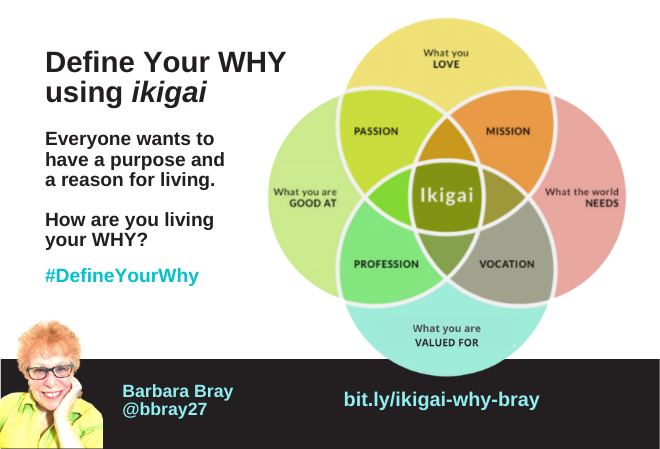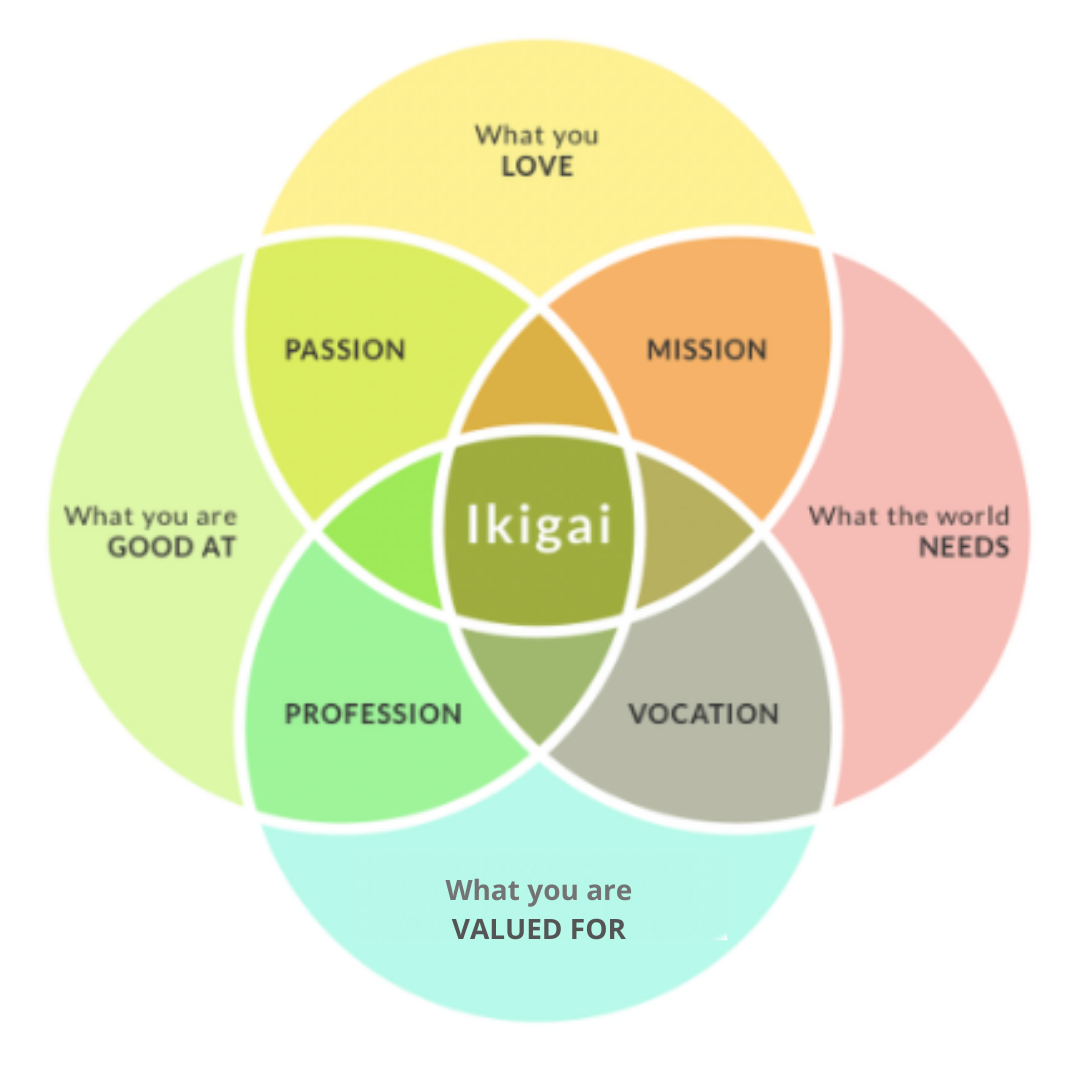
Do you ever feel like you are going through the motions to just get through the day? Do you continue to do what you have to do every day because you have always done it that way? You may not have even considered that you could do anything different. For many people, staying with the status quo feels comfortable because change can be scary and difficult. I understand why teachers feel like this because they have so much on their plate.
I decided to reach out to educators I knew to find out about their stories. Everyone has a story and educators are amazing. There were a few who told me how they have been struggling with the current system and thought they would be making more of a difference in children’s lives. Some shared with me that they weren’t sure what they could do to change their situations.
After listening and talking with them, I got it. Teaching is tough, especially today.
The world has changed so much that traditional teaching doesn’t engage and empower kids enough to motivate them to want to learn. We still have systems in place where teachers and schools are held accountable for what students are learning. There continues to be too much focus on teaching to the test, meeting standards, separate subjects, and teacher-directed curriculum which means teachers are still the hardest working people in the classroom. When, actually, the people doing the learning need to be the ones working the hardest. For students to be the ones responsible for what and how they learn, then teaching has to change. Some educators told me they were not ready for this because it meant letting go of control. Several said to me “Aren’t I supposed to be the expert?” or “I’ve been teaching for a long time and the kids are doing well so why should I change?”
Then several teachers talked to me in private and told me that they had lost their purpose. This is when I knew I had to listen to their stories. I realized all of us may lose our way, yet some people need more support along their journey.
Using ikigai to Define Your WHY
I learned about ikigai years ago and used it to help me find my WHY. I was questioning my situation and needed help in finding my purpose. It took me time but finally, I realized my WHY is storytelling. I started sharing my story and how ikigai helped me and eventually, helped my friends and supported educators at my workshops and through coaching. So, let me share what ikigai is with you.
ikigai is the Japanese concept of “a reason for being.” Everyone has an ikigai (pronounced like “eeky guy”). To find it requires a journey of self-discovery. The search is worth it. Your ikigai is the meaning of your life. Some people have found their ikigai, while others are still looking for it. They may not be aware that they carry their ikigai with them throughout their lives. It’s your path to self-realization, unique to you in every way.
There is no word for “retirement” in Japan. The happiest and longest-living people in the world are from Okinawa, Japan. Their average lifespan is seven years longer than in North America. They have more 100-year-olds than anywhere else in the world. Instead of retirement, they use the word ikigai, which roughly translates to “the reason you get out of bed in the morning.” It’s the thing that drives you the most. ikigai is similar to passion but holds a strong “purposeful” connotation. The Japanese see the discovery of your ikigai as requiring a deep, long search within yourself that can bring about satisfaction and meaning to life. ikigai has nothing to do with income so I changed the wording from “What you can get Paid for” to “What you are Valued for.”

How do we balance all of these factors in a life that is meaningful, purposeful, and aligned with our true calling? Is it possible to have it all?
The essence of ikigai gives you a framework to balance these elements into a cohesive whole. While you can make lists of the four elements above and figure out what it is at the center of them all, finding your ikigai can also be as easy as just stopping yourself throughout the day and ask yourself: “Why am I doing this?”
I start with the four primary elements using the additional points and questions to define your WHY.
What you Love
- Start thinking about the things that you love using keywords, phrases, and any ideas.
- Brainstorm all the aspects of your life that make your heart sing
What you are Good at
- What unique skills and dispositions do you have that come most naturally to you?
- What talents have you cultivated and what do you excel at even when you aren’t trying?
What the World Needs
- What cause breaks your heart or pulls at your gut?
- What change would you most love to create in the world?
What you are Valued for
- What service or offering do you bring or could bring that offers real value to others?
- What is something people need and will pay for or share some value in exchange?
Discovering your ikigai can be one of the greatest journeys you can embark on. However, it can be challenging with many ups and downs. Just remember defining your WHY using ikigai does not happen overnight. I tell everyone to just start. Start by brainstorming some ideas around the four elements. What I found out was that my WHY was to tell my story and model it so others share their stories. I needed to find the stories so I started my podcast to have conversations with inspirational thought leaders who had great stories to share. I learned how to listen better and kept refining my story. This helped me come up with the throughline:
“Don’t Rent Someone Else’s Story, Own Your Story and Tell It.”
It took me some time to let go of my preconceived notions of teaching, personalized learning, and professional development. I wanted to be there for the kids, for teachers, for others, but I lost myself along the way. I needed to pause, breathe, and change my mindset to define my WHY. Throughout the process, it led me to write my book, Define Your WHY: Own Your Story So You Learn and Live on Purpose.
I’m still searching and growing and now accept that my ikigai keeps changing every time I change. At first, it was overwhelming, but I’m really enjoying my journey.
Try discovering your ikigai. Then you may be amazed like I was in what you discover as your story.
Enjoy the journey of discovering YOU so you can own and tell your story.
****
Also posted on EduMatch Publishing Nov 11, 2019
Check out Chapter 6 on my website for questions and activities on ikigai. For more information about Barbara’s book, Define Your WHY, go to this page or click on the image of the book cover below for resources, questions, and links.



